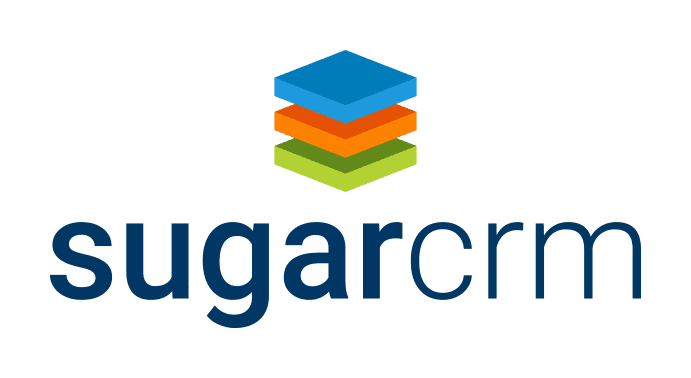Enterprise Resource Planning (ERP) systems are critical for manufacturers to help manage and automate key business processes. Since not all ERP systems are created equal, ensuring your selected system has the features and functions you need to run your business effectively is vital.
Among the most important considerations is the software requirements needed to run your business.
When it comes to choosing an ERP system for a manufacturing company, there are many things to consider. Manufacturers need to understand their software requirements to choose the suitable ERP systems specific to manufacturers. Some systems are better suited for small businesses, while others are better for large enterprises. Make sure you know what your business needs before you make a purchase.
How Proper ERP Systems Benefit Manufacturers
Manufacturing is one of the most critical sectors of the economy. Manufacturers are responsible for the production of goods used by consumers and businesses. In order to stay competitive, manufacturers need to have a robust and efficient system in place to manage their operations. A proper ERP system can help manufacturers achieve this goal.
A comprehensive software solution can help organizations manage their business processes from a single, centralized system for all of the data needed to run the organization. That’s what you get with an ERP and includes everything from accounting and finance to human resources and manufacturing.
A modern ERP system can automate your mission-critical tasks and bring immediate benefits. Here’s what most manufacturers quickly notice:
- Better Communication
- More Accurate Forecasting
- Faster Order Processing
- Reduced Costs
- Increased Efficiency
- Streamlined Workflow
- Enhanced Decision-Making
- Improved Inventory Management
- Provide Real-Time Info on Performance
How to determine software requirements when implementing ERP systems
ERP systems are essential for many businesses, but the process of selecting and implementing one can be daunting, and the consequences of choosing the wrong ERP system can be detrimental to a manufacturer’s success.
When determining software requirements for an ERP system, it is important to consider all aspects of the business and its needs. A comprehensive analysis will help ensure that the system meets all of the organization’s requirements.
In the beginning stages of your software assessment, evaluating your immediate business needs and probable future requirements is essential. What do you need from the new software versus what would be nice to have? What problems will you expect the application to solve? When performing your software evaluation, these are some more obvious questions, making them easy to gloss over.
They’re also the most important, so be sure to answer these first and foremost.
Some basic ERP requirements for most manufacturers include modules for production scheduling, inventory management, quality control, and shipping and receiving. It should also be able to interface with your existing accounting software and other business applications.
Your ERP system should be scalable. It should be able to grow and change with your business. It should also be able to integrate with new technologies as they become available.
Your ERP system should be user-friendly. It should be easy to learn and use. The system should include tutorials and support staff to help you get up and running quickly.
Finally, your ERP system should be affordable. It should fit into your budget without breaking the bank. You can’t make it without ERP, a necessity for manufacturers of all sizes, so getting off on the right foot with your ERP system provider will help you gain a competitive edge.
ERP Selection for Manufacturers
In conclusion, manufacturers must select the right ERP system that meets their needs. The system should be able to handle the company’s product data, as well as manage production and inventory. At the same time, the system shouldn’t be too costly or overcomplicated, as these issues can be detrimental to business. By making the proper selection, manufacturers can improve efficiency and productivity in their operations.
The success of an ERP implementation depends on proper planning and execution. There are thousands of available options for manufacturing ERP, but failing to choose the right system can be a costly mistake.
FAQs
What is ERP, and why do companies need it?
ERP is an acronym for enterprise resource planning. It is a software system that allows a company to manage its resources, including finances, production, and human resources. Manufacturers of all sizes need some ERP system to stay competitive, as its efficiency saves businesses time and money.
What are the benefits of choosing the right ERP system?
The benefits of choosing the right ERP system are:
- Increased efficiency and productivity – An effective ERP system can help to automate business processes, which can lead to increased efficiency and productivity.
- Improved decision making – An ERP system can provide managers with timely and accurate information, which can help them make better decisions.
- Reduced costs – An ERP system can help organizations to streamline their operations, which can lead to reduced costs.
What information do manufacturers need to make an informed ERP decision?
Manufacturers need to understand their business processes and needs in order to make an informed ERP decision. They should also have a clear idea of the features they are looking for in an ERP system. Additionally, manufacturers need to budget for the implementation and maintenance of an ERP system.

